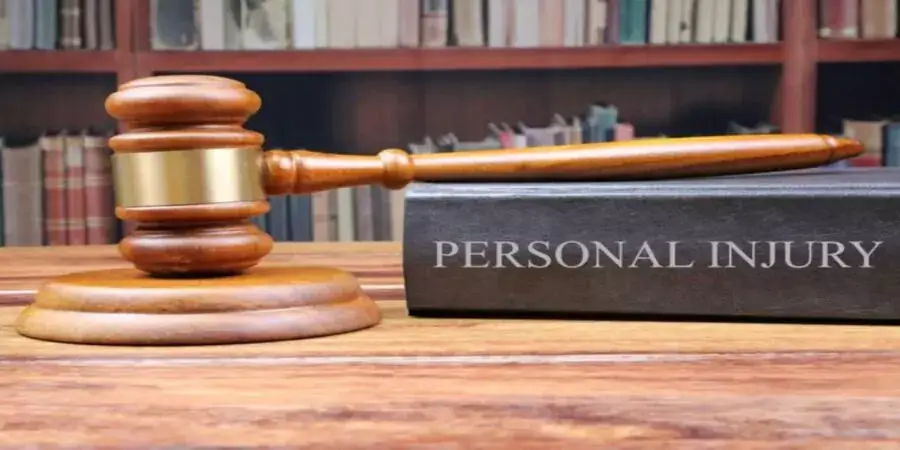Personal injury cases rarely follow a predictable timeline, often leaving injured individuals wondering why their claims seem to drag on. The legal process is shaped by various factors, including the complexity of the case, the severity of injuries, and the willingness of insurance companies to negotiate fairly. Liability disputes may further delay resolution, as may the requirement for copious medical records and difficulties with court scheduling. These legal complexities can significantly impact the time it takes to receive a just settlement, so anyone managing a personal injury claim must know them.
1. The Complexity of the Case
Not all personal injury cases settle at the same pace. If you want to understand the process of getting a settlement check, remember that cases with multiple parties, unclear faults, or complicated legal issues usually take longer to resolve. For example, a simple rear-end collision may lead to a quick settlement. At the same time, a disputed slip-and-fall claim or a multi-car accident could require lengthy investigations, expert reviews, and negotiations. The more complex the case, the longer it takes to gather evidence, determine liability, and reach a fair settlement.
2. Ongoing Medical Treatment and Maximum Medical Improvement
A critical factor in any personal injury settlement is understanding the full extent of the injuries and their long-term impact. Before making a settlement, attorneys and insurance providers typically wait until the injured party has achieved Maximum Medical Improvement (MMI); at this point, additional recovery is doubtful. Settling too early could mean underestimating future medical costs or ongoing disabilities, potentially leaving the injured party without adequate compensation. For serious injuries, this process can take months or even years, as it involves ongoing treatment, therapy, and follow-up evaluations.
3. Gathering Evidence and Documentation
Thorough documentation is essential to constructing a compelling personal injury case. This includes medical records, accident reports, witness statements, photographs, and sometimes expert opinions or accident reconstruction. Obtaining these documents is not always straightforward; hospitals and medical providers can take weeks to release records, and coordinating with multiple sources adds further delays. Thorough evidence collection is crucial for substantiating claims and negotiating from a position of strength.
4. Disputes Over Liability and Damages
Disagreements about who is at fault or the value of the damages can significantly slow down settlement negotiations. Insurance companies may contest liability, especially in cases where the facts are unclear or several parties are involved. They may challenge the severity of injuries or the necessity of specific treatments. These disputes often require additional investigation, expert testimony, or court intervention to reach a fair settlement.
5. Insurance Company Tactics
Not all insurance companies are willing to reach a speedy or equitable settlement. Delay tactics, such as slow response times, requests for redundant documentation, or outright disputing claims, are common strategies to pressure claimants into accepting lower settlements. When large sums are at stake, insurers may scrutinize every detail, hoping the claimant will grow impatient and settle for less. Experienced attorneys can counter these tactics, but the process remains time-consuming.
6. The Legal Process and Court Delays
The timeline can be extended even further if negotiations stall and a lawsuit is filed. The litigation process involves formal discovery, depositions, motions, and potentially a trial, all of which can add months or even years to the case. Court backlogs and scheduling conflicts can also cause delays, especially in jurisdictions with heavy caseloads. The mere prospect of litigation can drag out discussions, even though most personal injury cases are resolved before trial.
Wrap Up
Delays in settling personal injury cases are seldom arbitrary; they reflect the legal system’s commitment to thoroughness and fairness. The duration hinges on multiple variables, including the extent of injuries, the clarity of fault, and the responsiveness of insurers. While the wait can be frustrating, a careful approach ensures that all damages are accurately calculated and that victims receive appropriate compensation. Patience and knowledgeable legal advice are ultimately crucial because hurrying the process could lead to settlements that don’t adequately address the full extent of an injury.












